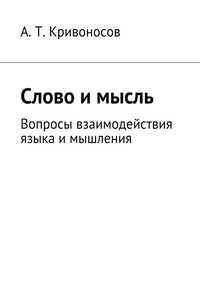Английский язык для юристов. Предпринимательское право | страница 37
A writing may be acceptable and enforced even though it omits or does not correctly state some material terms (price, terms, and place of payment; terms of delivery; and other factors) agreed upon by the contracting parties.
To be enforceable, only the following must be shown in a writing:
• proof of the contract intent,
• quantity ordered,
• names of parties, and
• the signature of the party sought to be bound to the agreement.
Throughout the years, the courts have developed certain rules that make the interpretation and enforcement of written contracts consistent and predictable. The three most important rules in this regard are the parol evidence rule, the best evidence rule, and the equal dignities rule. The parol evidence rule involves the interpretation of written contracts, while the equal dignities rule involves their enforcement.
Under the parol evidence rule, evidence of oral statements made before signing a written agreement is usually not admissible in court to change or to contradict the terms of a written agreement. Following oral discussion and negotiation, it is customary for parties to reduce their agreements to some written form. Of the terms, conditions, and promises discussed, only those included in a writing will be enforced. This provision is because the court presumes that the parties will have put everything they agreed to in writing.
The parol evidence rule will not apply when unfair and unjust decisions might result from its application. While many unjust situations can occur, they generally fall into one of five categories: incomplete, ambiguous, or erroneous agreements; void and voidable agreements; agreements based on a condition precedent; modified or rescinded agreements; or agreements involving past or usual commercial practice.
In cases in which a written agreement is incomplete, oral evidence may be used to supply the missing terms. In general, the courts allow a party to a written agreement to introduce oral testimony to show that the contract is void or voidable due to a lack of mutual assent or contractual capacity. The courts are willing to allow such testimony because it does not affect the terms of the agreement. Rather, it seeks to discredit the entire transaction. Thus, it is permissible to introduce oral evidence as to fraud, duress, misrepresentation, mistake, and undue influence. Similarly, it is appropriate to offer oral testimony as to a party's minority or mental incompetence.



